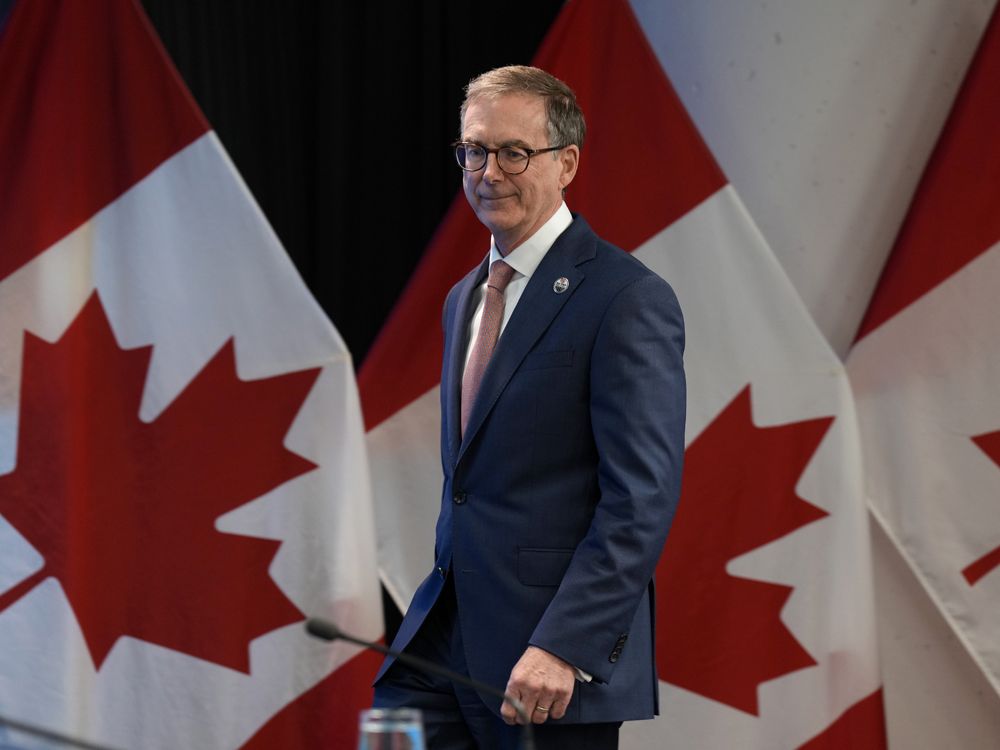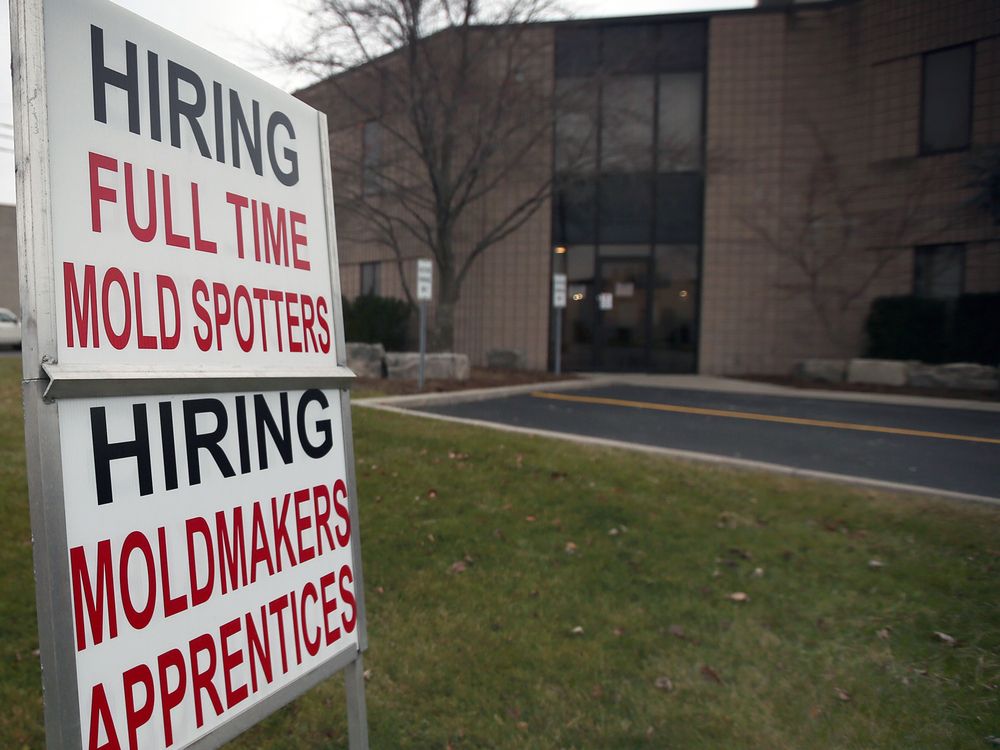Brookfield Asset Management Ltd.
has nearly US$120 billion in untapped capital, which chief executive Bruce Flatt said should help the alternative asset manager navigate market dislocation and partner with governments and others seeking capital and operational expertise in these turbulent times.
“Historically, these periods have provided us with some of the best opportunities to deploy capital given our long-term mindset, capital scale and ability to move decisively,” he said in the letter to investors that was also signed by Connor Teskey, Brookfield’s president.
The executives said counterparties, including governments, are turning to Brookfield because of its capacity to act quickly, create tailored solutions and offer confidence to ensure transactions close.
“This dynamic is creating a proprietary and differentiated pipeline of strategic investment opportunities,” the letter said, pointing to a 20-billion-euro investment in
artificial intelligence infrastructure
with the French government during the first quarter.
“The Brookfield ecosystem provides our investment teams with access to deep sector expertise, proprietary insights and global operating capabilities, allowing us to deploy capital quickly and with conviction when others may be constrained,” Flatt and Teskey said.
Canada’s government, too, is looking for private investors as partners, with Prime Minister
Mark Carney
campaigning on a plan to transform the economy and reduce reliance on the United States as a trading partner by using government funds to “catalyze” $500 billion in new investment over the next five years, with an emphasis on infrastructure.
Brookfield’s participation would undoubtedly attract scrutiny, since Carney was its chair until he left in January to pursue a career in politics.
The Brookfield executives also addressed the
tariffs
unleashed by U.S. President
Donald Trump
in their letter to investors, which was released on the same day Carney is sitting down with Trump for the first time.
Flatt and Teskey said Brookfield’s investments in real assets such as infrastructure, power and real estate, alongside critical business services, will provide some insulation to absorb the impact of tariffs.
“These businesses operate domestically and serve local demand, making them less exposed to tariffs and other global trade shocks,” the letter said. “Many are also highly contracted or regulated — characteristics that support durable valuations and liquidity, especially when capital is scarce and investors seek defensive positioning.”
The executives added that many of these assets benefit from inflation-linked revenues and “tariff adjusters” that allow them to pass through rising input costs.
During the COVID-19 pandemic and the inflationary cycle that followed in 2022 and 2023, cash flows across many of Brookfield’s assets kept pace with inflation or, in many cases, exceeded it, the executives said, adding those years also prompted discussions about the deglobalization trend.
“Across our business, we have proactively diversified parts of our supply chain in anticipation of more protectionist policy shifts,” the letter said.
“For example, in our renewables business, where tariffs have been in place for several years, we adopted a domestic procurement strategy in the U.S. supported by long-term agreements with local suppliers. These steps provide important cost certainty and, we believe, position us more favourably than most market participants.”
Flatt said the trade turmoil isn’t expected to hurt Brookfield when it comes to raising capital.
“While it would be reckless to diminish the impact of tariffs and what they’ve done to markets, we really don’t see it changing our fundraising trajectory,” he said during a conference call Tuesday morning.
He did not directly answer an analyst’s question about whether the U.S. administration’s protectionist stance would cause Brookfield to change the geographical allocation of its assets, but he said any changes in allocations would be “de minimis and on the margin” in terms of assets.
“What we see in terms of allocating capital, we think this actually plays to our strengths. This is going to lead to a focus on energy security, a focus on data security, a focus on onshoring and deglobalization,” he said.
“This requires huge amounts of capital, and as one of the largest managers and custodians of that type of capital around the world, we actually think that this environment … is going to create an even bigger opportunity for our franchise.”
• Email: bshecter@nationalpost.com
Bookmark our website and support our journalism: Don’t miss the business news you need to know — add financialpost.com to your bookmarks and sign up for our newsletters here.
Brookfield plots opportunistic investments amid market dislocation
2025-05-06 15:55:34





